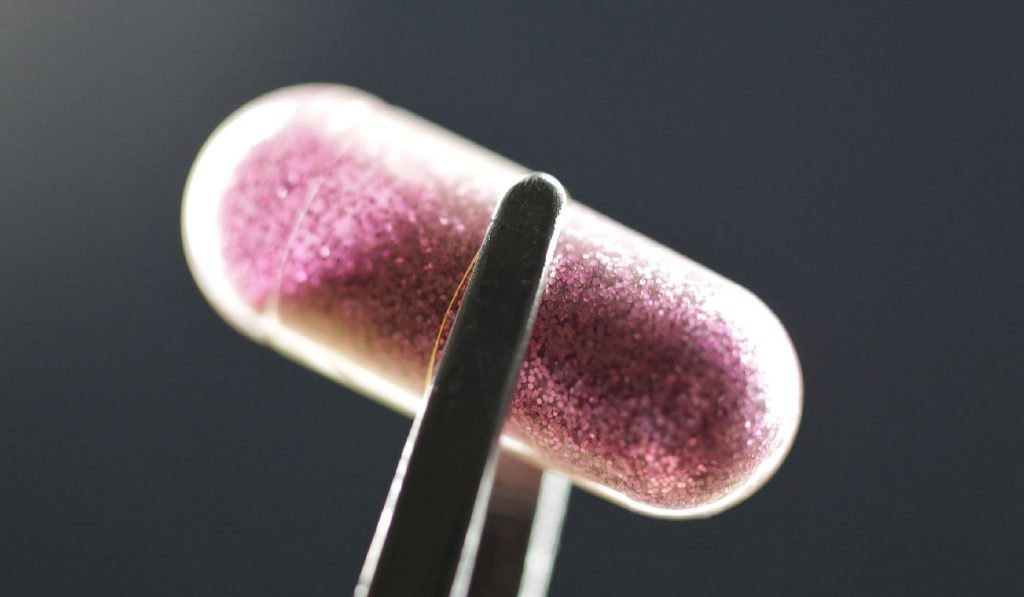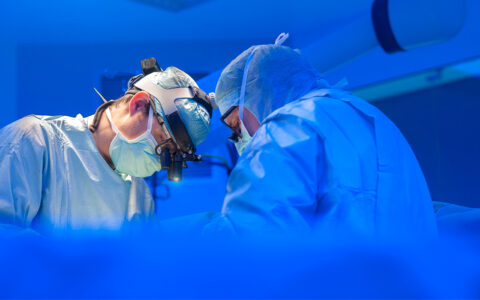Prevention research will be a major front in addressing rising global atrial fibrillation (AFib) rates caused by aging populations, cardiovascular disease, obesity and other metabolic disorders, says Gregory Michaud, M.D., Medical Director of Arrhythmia and Electrophysiology at Vanderbilt University Medical Center. Vanderbilt was one of six medical centers chosen to develop a four-year research program under the American Heart Association (AHA) Strategically Focused Research Network in Atrial Fibrillation.
“Our research will target the effects of inflammation and how that triggers AFib,” said Michaud. “The approach we’re studying – a novel nutraceutical – may ultimately work for hypertension and other conditions mediated by inflammation. For cases of AFib which are clearly mediated by inflammation, we’re hopeful this type of approach could eventually prevent development of this condition in many patients.”
The compound Vanderbilt will investigate, 2-HOBA, is a nutraceutical found in buckwheat seeds. Vanderbilt researchers have already explored anti-inflammatory effects of orally administering synthesized 2-HOBA acetate in mouse models. Now, the AHA-funded research will allow for more extensive investigations, including further basic science, clinical trials and population health studies.
A Multi-Pronged Study
Mouse model studies at Vanderbilt have suggested 2-HOBA can limit reactivity of certain oxidized lipids, called isolevuglandins, thought to signal the damaging immune system responses that contribute to hypertension and AFib. The idea of scavenging isolevuglandins arises from decades of basic science work at Vanderbilt to understand the role of reactive lipids in normal physiology and disease.
Vanderbilt will conduct several new studies within the AHA-funded research program. These include:
• Basic research into the relationships between inflammation and other risk factors for AFib in mouse models, led by Katherine Murray, M.D., professor of medicine and pharmacology.
• Clinical research into 2-HOBA’s potential to prevent inflammation-induced AFib in patients with the condition, led by Michaud and Ben Shoemaker, M.D., assistant professor of cardiovascular medicine.
• Population research to identify patient groups for whom AFib with prominent inflammation is most common, led by Dan Roden, M.D., Senior Vice President for Personalized Medicine and Sam L. Clark, M.D., Ph.D., Endowed Chair.
Michaud looks forward to the research benefits of the AHA’s multi-center AFib network. “We’re testing a concept at its early stages,” said Michaud. “We really need to further develop the data to move forward.”
A Diverse Research Agenda for AFib
Exploring low-risk pharmaceuticals like 2-HOBA that may prevent AFib progression is only one innovative area of research at Vanderbilt, says Michaud. William Stevenson, M.D., is pioneering new ablation technologies including intramural needle ablation to reach challenging areas of heart scarring. Another colleague, Christopher Ellis, M.D., is developing new techniques for left atrial appendage occlusion to reduce stroke risk in AFib patients. Michaud also sees exciting prospects for non-invasive treatment of arrhythmias, such as targeted beam radiation.
“We need to better understand the persistence mechanism of AFib—why it persists in certain patients and not in others.”
Fundamentally, more research is needed into the basic mechanisms of AFib. “We know, for example, that the triggers for AFib derive from the pulmonary veins,” Michaud said. “And in many patients, pulmonary vein isolation works. But there is also a large group for whom that is not an effective long-term treatment. Similarly, we need to better understand the persistence mechanism of AFib—why it persists in certain patients and not in others. We have a lot of ideas, but today there are competing camps.”





